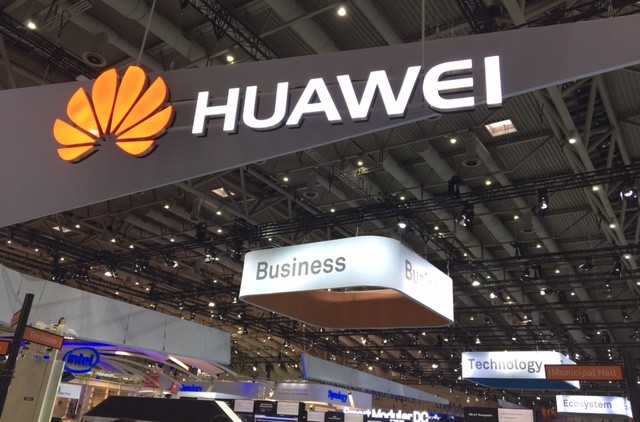The US government has signalled that it will honour the promise of President Donald Trump to ease the export restrictions on Chinese tech giant Huawei Technologies.
Last week President Trump at the G20 meeting indicated that trade restrictions to Huawei would be relaxed, as part of an agreement with the Chinese president Xi Jinping to resume trade talks.
Huawei is currently on the US entity list, having been placed there ever since President Trump signed an executive order in May.
Entity list
The US Commerce Department then immediately added Huawei and 70 affiliates to its so-called Entity List, which bans them from buying parts and components from US companies without US government approval.
That decision made it difficult, if not impossible, for Huawei, to sell certain products because of its reliance on US suppliers for essential silicon and other components. US chip firms have been lobbying hard to continue selling to Huawei.
The US Commerce Department had given Huawei a 90-day stay of execution to the imposition of trade restrictions on Huawei – meaning was still allowed to buy US goods until 19 August.
And despite Trump’s promises, last week the Commerce Department was insisting it would review license requests from US companies seeking to export products to Huawei “under the highest national security scrutiny” since the company is still blacklisted.
But now a fresh signal has emerged that the US blacklisting may be easing.
No threat
The US. government will issue licenses to companies seeking to sell goods to China’s Huawei where there is no threat to national security, Commerce Secretary Wilbur Ross was quoted by Reuters as saying on Tuesday
He was reportedly speaking at a conference in Washington, where he affirmed that Huawei would remain on the Entity List, meaning winning licenses would require overcoming a presumption of denial, and said the scope of items requiring licenses would not change.
Yet, he opened the door to some approvals.
“To implement the president’s G20 summit directive two weeks ago, Commerce will issue licenses where there is no threat to US national security,” Ross said, referring to Trump’s announcement at the meeting of world leaders in Japan.
“Within those confines, we will try to make sure that we don’t just transfer revenue from the US to foreign firms,” he said.
This is a departure from the tough language used by the Commerce Department last week about the Huawei blacklisting.
Do you know all about security? Try our quiz!




